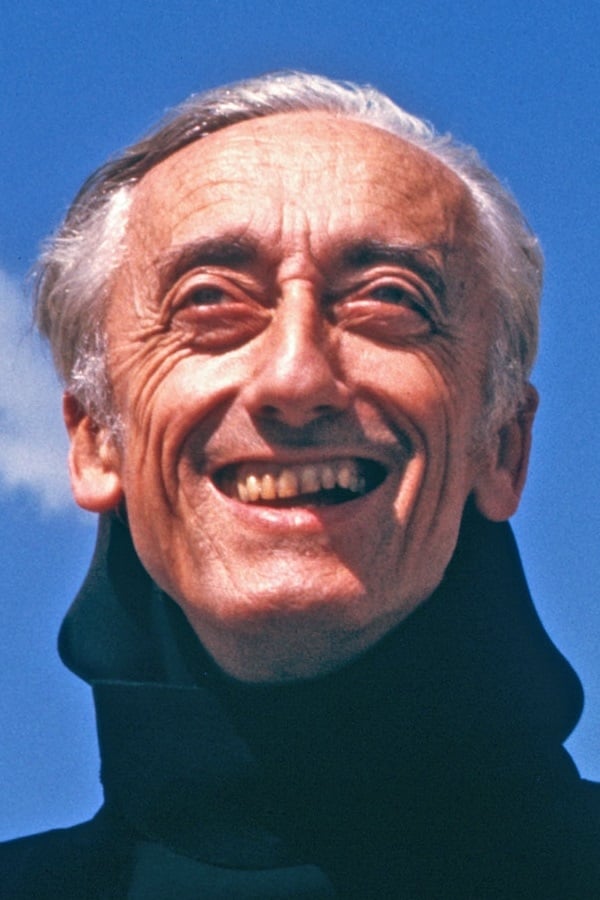

Adventurer, filmmaker, inventor, author, unlikely celebrity and conservationist: For over four decades, Jacques-Yves Cousteau and his explorations under the ocean became synonymous with a love of science and the natural world. As he learned to protect the environment, he brought the whole world with him, sounding alarms more than 50 years ago about the warming seas and our planet’s vulnerability. In BECOMING COUSTEAU, from National Geographic Documentary Films, two-time Academy Award®-nominated filmmaker Liz Garbus takes an inside look at Cousteau and his life, his iconic films and inventions, and the experiences that made him the 20th century’s most unique and renowned environmental voice — and the man who inspired generations to protect the Earth.

Oceanographer Jacques-Yves Cousteau and the Calypso set sail to research far-off cultures and species of aquatic life in the second installment of the explorer's nature series 'Cousteau's Rediscover the World'.
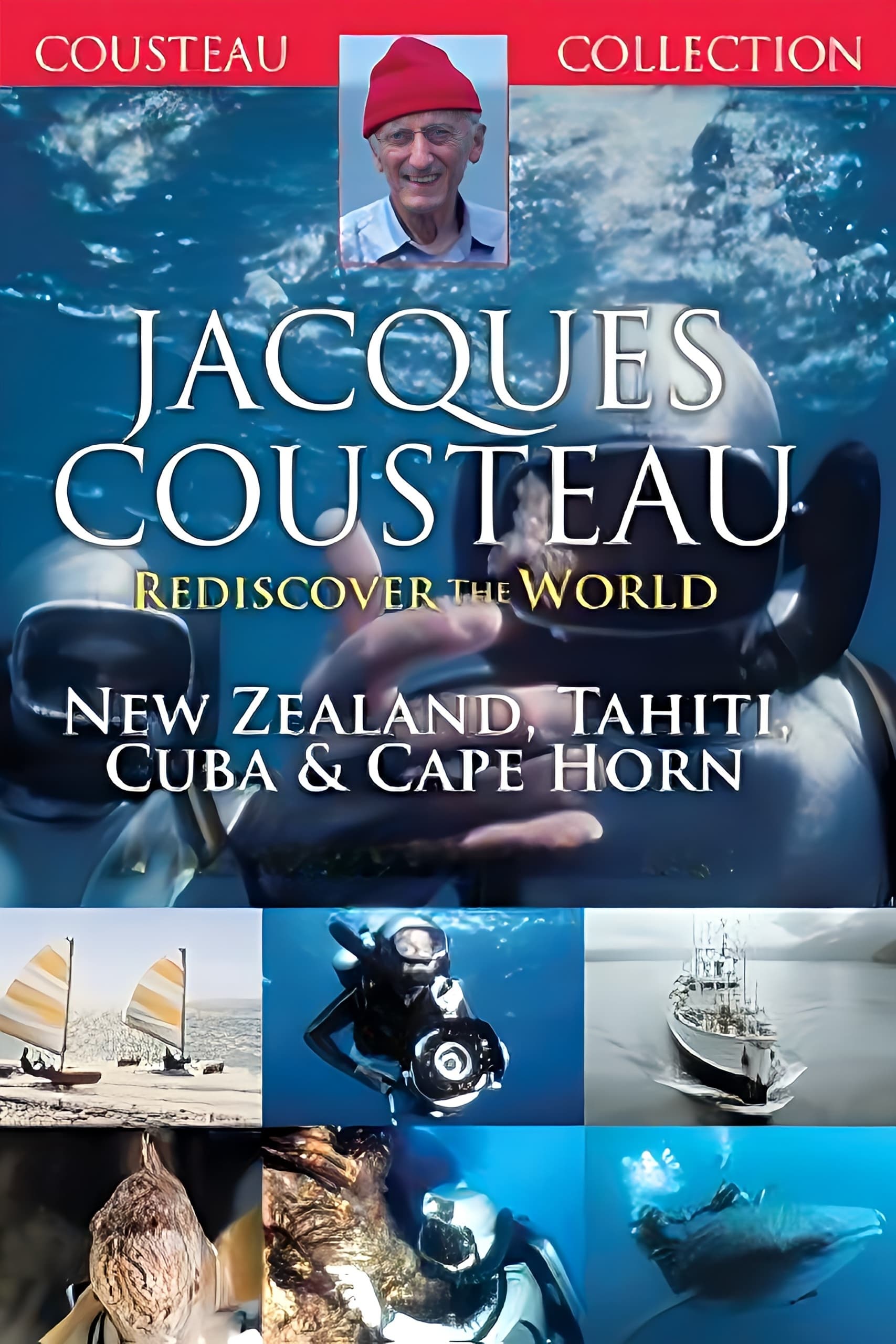
Oceanographer Jacques-Yves Cousteau and the Calypso set sail to research far-off cultures and species of aquatic fauna and flora in another of the explorer's nature series, mainly in the Pacific Ocean and in the West Indies.
World-famous underwater adventurer Jacques Cousteau is on a journey on the surface of the sea. Along with Lucien Malavard and Bertrand Charrier, Cousteau invented a new kind of sailing vessel using a state-of-the-art, high-tech turbo sail. The tall, computer-controlled cylinder of metal sails the ship much like a conventional canvas sail, but is up to six times more efficient.
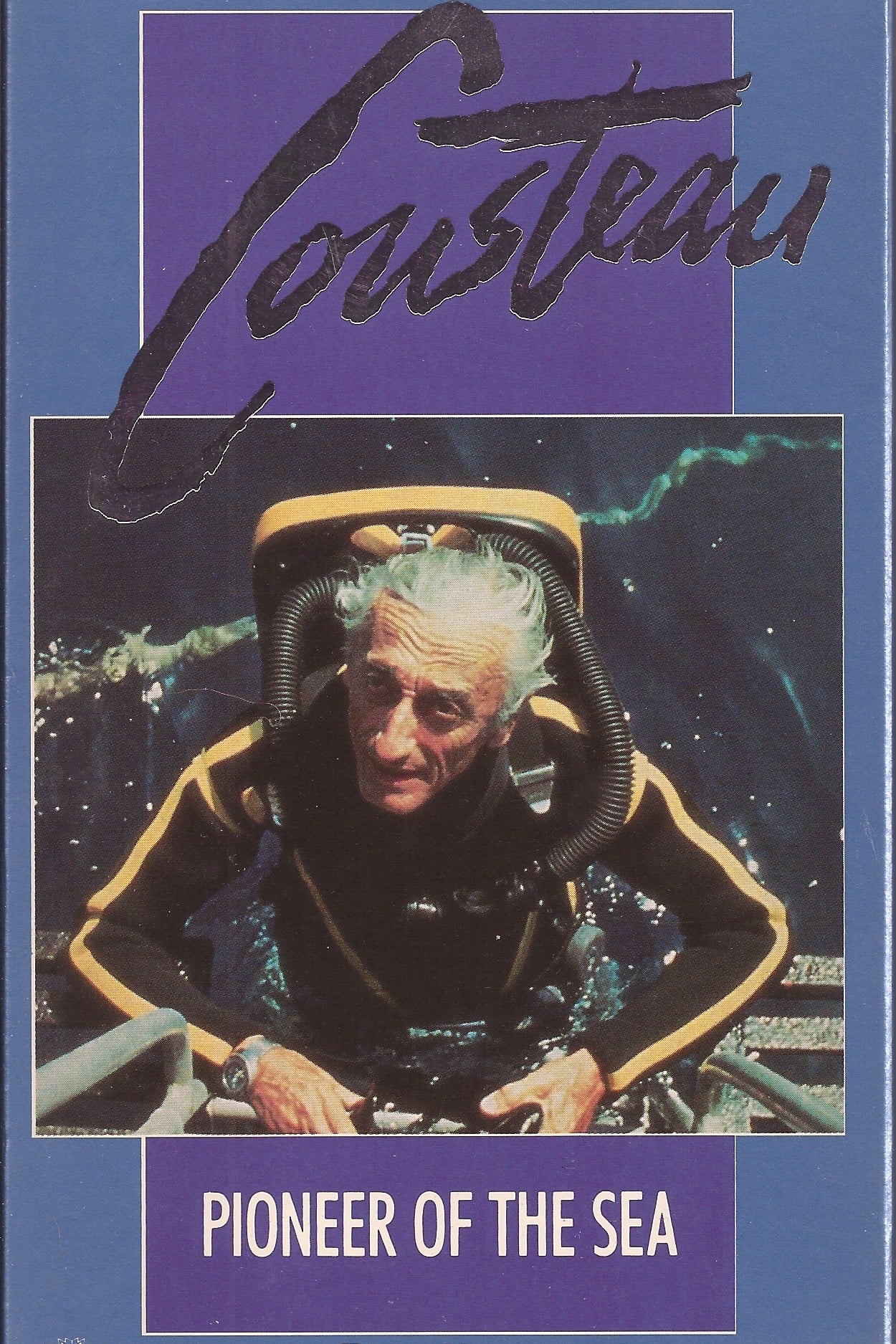
Documentary about the life of explorer Jacques Cousteau.
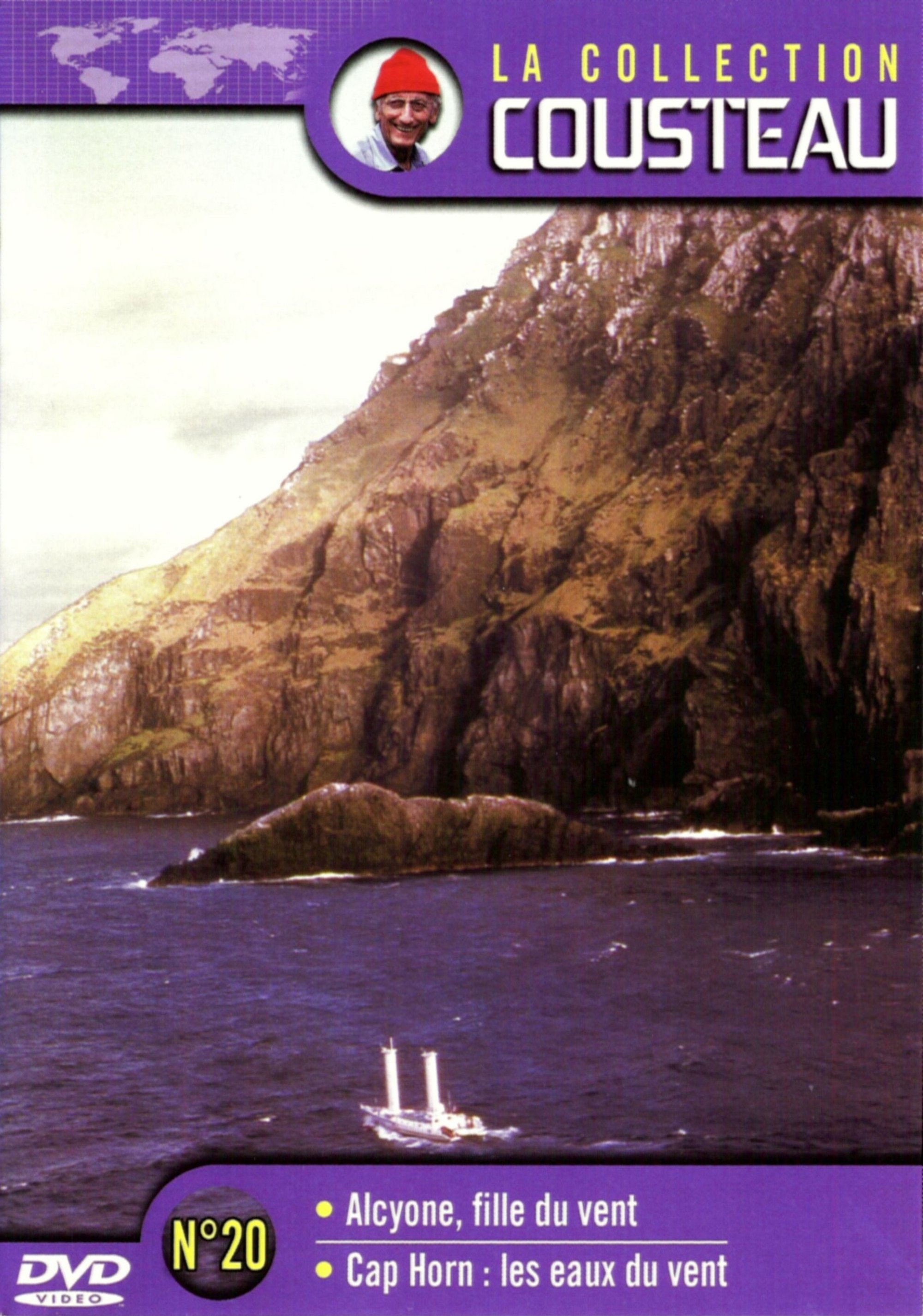
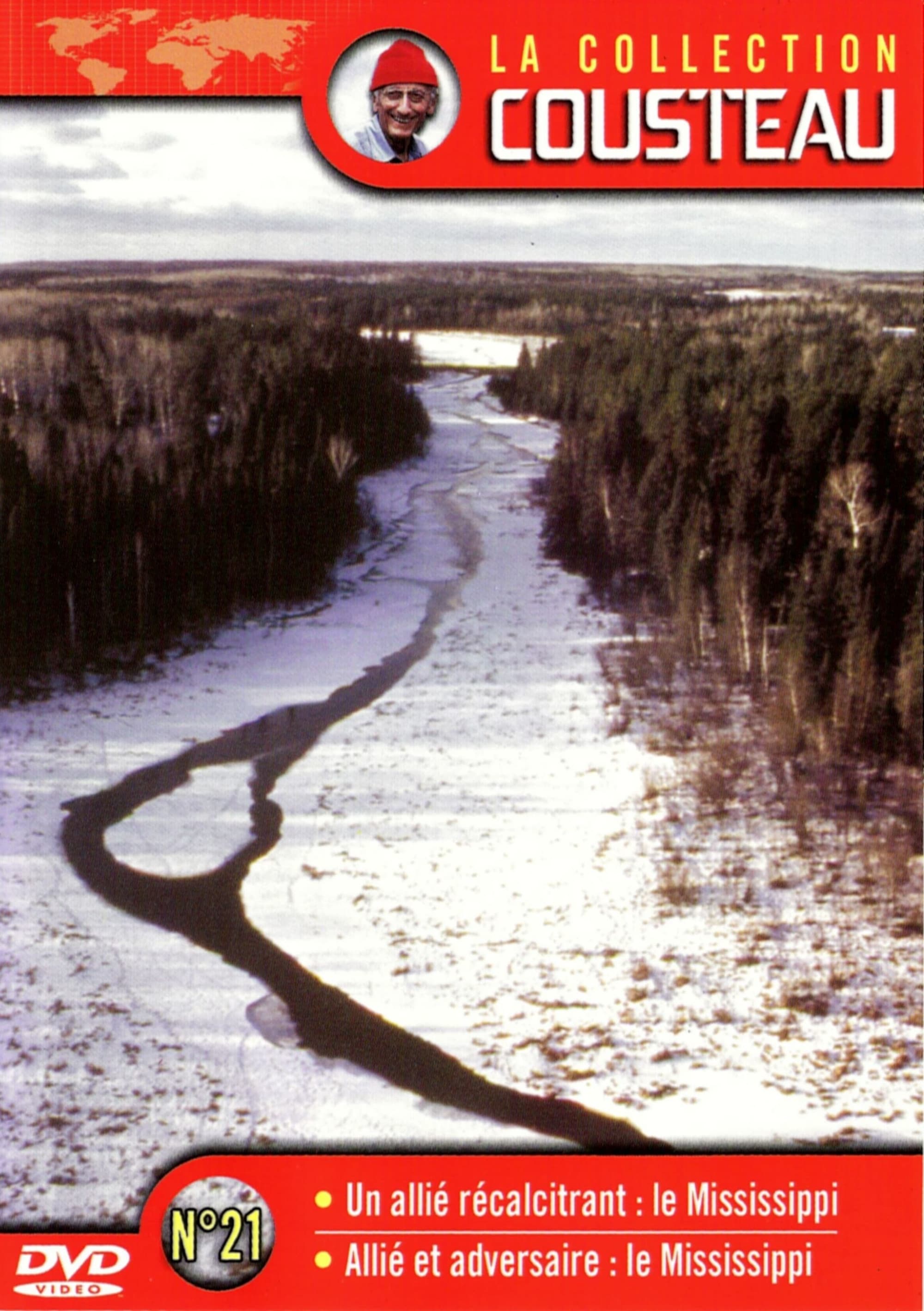
Cousteau becomes a modern-day Huckleberry Finn to explore the Father of Waters. Shows the Mississippi's icy origin in Minnesota to its destination in the Gulf of Mexico. Looks at the river's land, wildlife, people, folklore, and industry.
Jacques-Yves Cousteau, AC (11 June 1910 – 25 June 1997) was a French naval officer, oceanographer, scientist, inventor, filmmaker, photographer, innovator, conservationist, author, and researcher who studied the sea and all forms of life in water. He co-invented the first successful open-circuit self-contained underwater breathing apparatus, ("SCUBA"), called the Aqua-Lung, which assisted him in producing some of the first underwater documentaries. He also pioneered marine conservation and was a member of the Académie française. From 1966 to 1976, he hosted The Undersea World of Jacques Cousteau, a documentary television series, presented on American commercial television stations. A second documentary series, The Cousteau Odyssey, ran from 1977 to 1982 on public television stations. In his first book, The Silent World: A Story of Undersea Discovery and Adventure, he surmised the existence of the echolocation abilities of porpoises. The book was adapted into an underwater documentary called The Silent World. Co-directed by Cousteau and Louis Malle, it was one of the first films to use underwater cinematography to document the ocean depths in color. The film won the 1956 Palme d'Or at the Cannes Film Festival and remained the only documentary to do so until 2004 (when Fahrenheit 9/11 received the award). It was also awarded the Academy Award for Best Documentary in 1957. From Wikipedia, the free encyclopedia
By browsing this website, you accept our cookies policy.